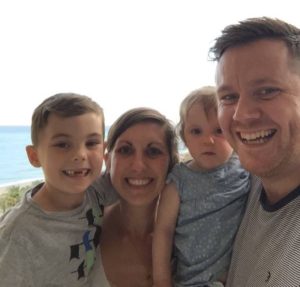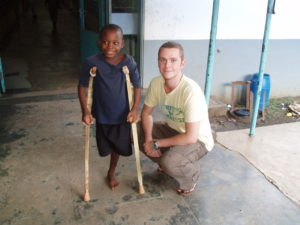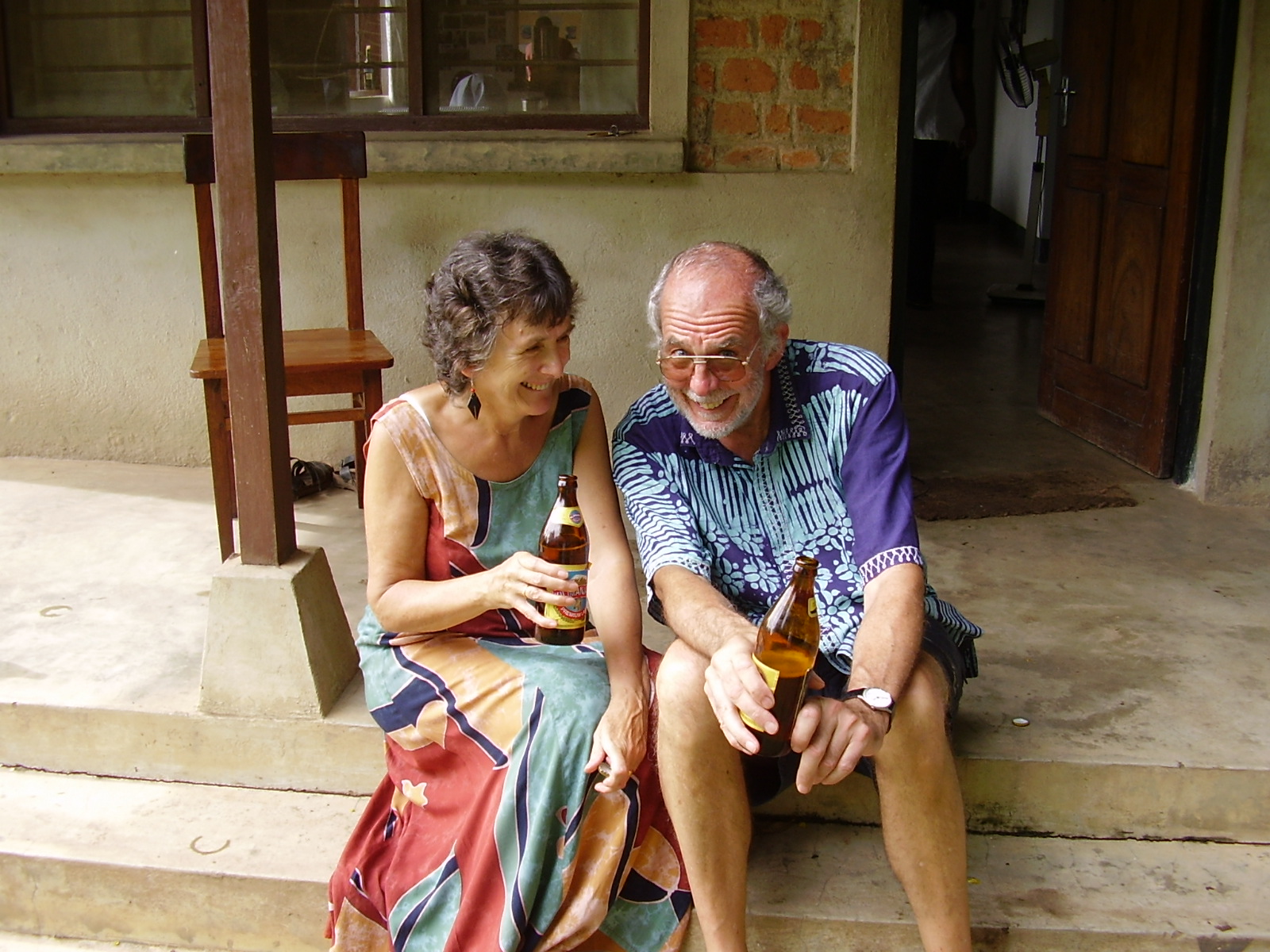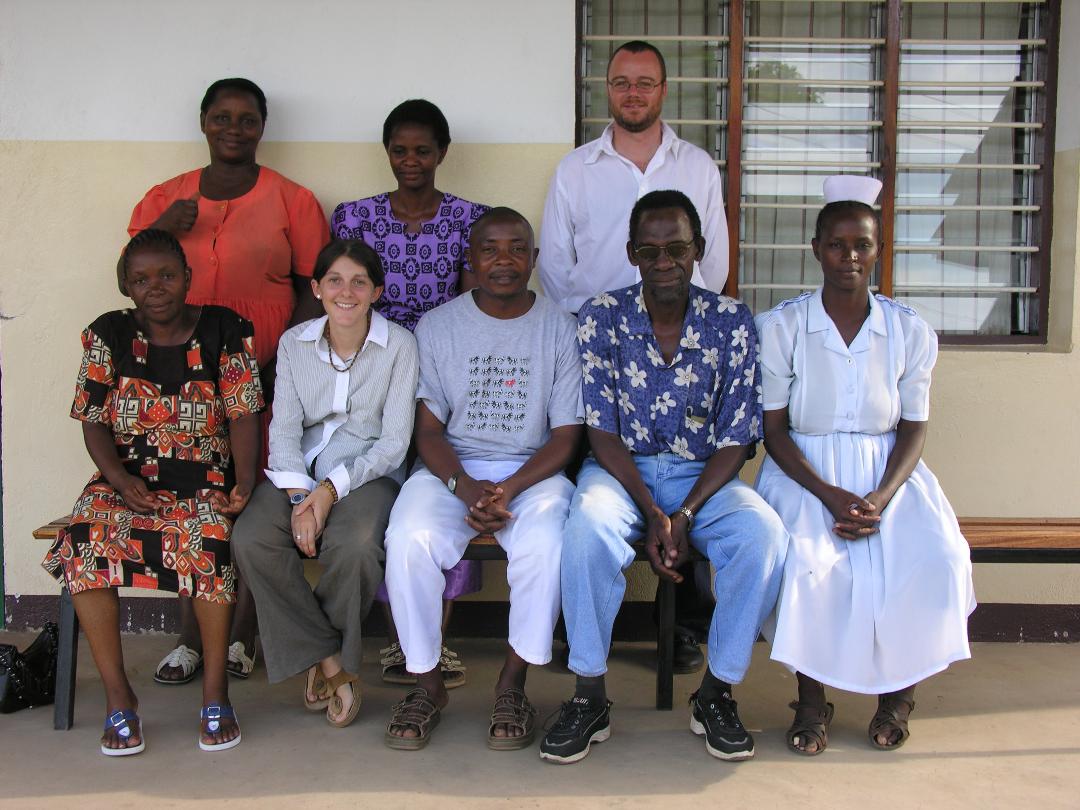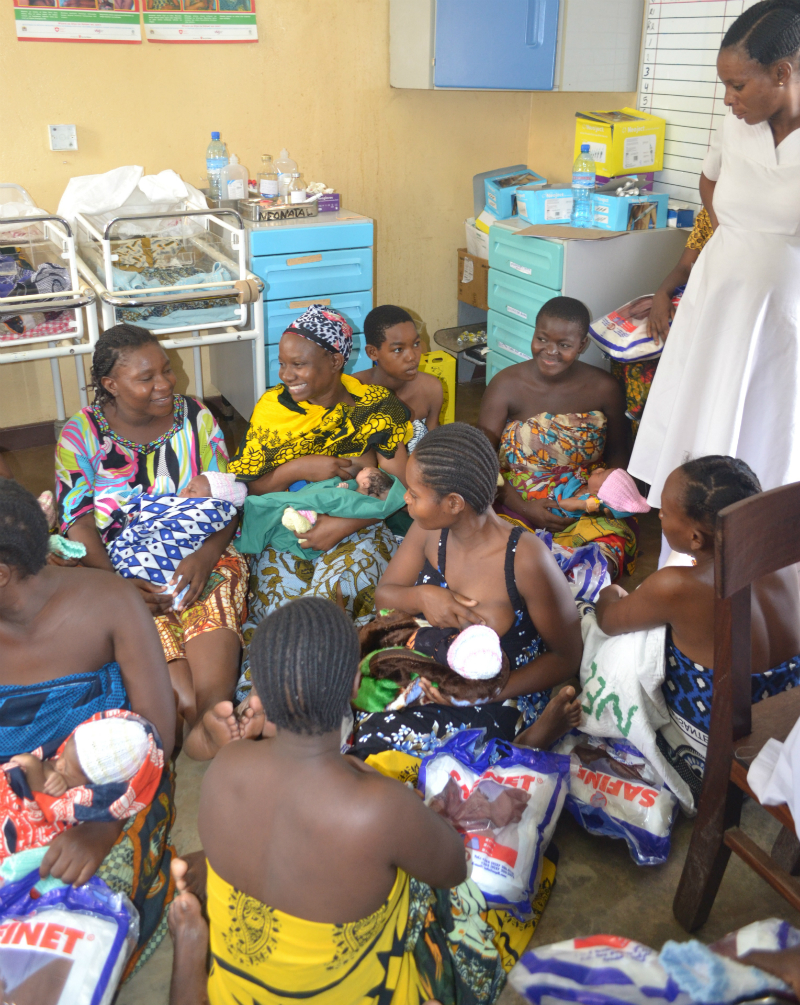Conor McLaughlin, an advanced Nurse practitioner in Nottingham General Hospital, gives the low down on his experience volunteering in Tanzania. Read Conor’s story here, written when he was mid-placement in Ifakara in 2006.
“While studying at Sheffield Hallam on the BA (Hons) Adult Nursing programme, I had decided that at some point I wanted to be involved in some sort of overseas voluntary work. The thought of working in disaster zones and providing emergency healthcare relief was really appealing to me. I felt I needed to ‘do my bit’ and knew it was something I could do.
After graduating I worked in acute medical and emergency admissions for a year and then moved to a critical care rotation programme. My decision to do this had been influenced by my intention to work overseas. I had started to research into volunteering but found the whole experience overwhelming and confusing. There were so many options. These varied from paying an agency or NGO (non-governmental organisation) to organise a three month ‘observation’ elective or signing up with Voluntary Service Overseas (VSO) for two years and receiving an allowance equivalent to local salary. After many hours of web searches and e-mailing I eventually established a link with the daughter of a nurse who I had worked with. She was working in Tanzania through VSO as a pharmacist. After a few months and lots more e-mailing it was sorted… I was off to St Francis Designated District Hospital, Ifakara
I would have to pay all my own transport costs but the hospital would pay for my immigration and nurse registration and provide me with accommodation in return for my work.
Ifakara is a dusty town in the southern highlands of Tanzania. Over time the once small village has developed into a town around a hospital built and founded by Swiss nuns in the 1920s. St Francis Designated District Hospital serves a massive rural population but now also serves major cities such as Dar es Salaam because of its improving reputation.
I had been assigned to work in the hospital Intensive Care Unit (ICU) and after a formal welcome by the Medical Director and Matron (protocol is very important here) I was taken to the unit to meet the staff.
The ICU is very basic if compared to UK standards. And, with the exception of two ventilators gathering dust in the corner, it probably would not meet the standards of a basic observation ward in the UK. Oxygen is generated by a single concentrator, electricity is either mains or very frequently from a diesel generator, water is ‘clean’ from a borehole, we have one cardiac monitor and two automatic blood pressure machines and a few analogue syringe pumps…the culture shock had started.
I was learning very quickly that healthcare in Tanzania is very different from that in the UK and that I was going to have to adapt quickly. The nursing staff are all very knowledgeable, and along with auxiliary nurses they undertake extended roles like in the UK.
Resources are very limited and a great deal is dependent on ‘donors’ from other countries. Austrian, Swiss, German and Italian contributions play a key role in supporting the hospital. Often drugs are not available as there is insufficient capital to purchase them. Simple things such as syringes, giving sets and sterile gauze, which I took for granted in the UK, are normally in short supply if not unavailable. Patients with HIV/AIDS make up a significant proportion of the patients at the hospital; ARVs (anti retro viral drugs) are supplied free by the Government from US donation. Along with HIV, malaria, tuberculosis, malnutrition and enteric illness are seen on a regular basis along with the daily occurrences seen in western hospitals including trauma, cancers, diabetes and so on.
Through both observation and participation in care delivery I have noticed great differences between hospital-based care in Tanzania and at home. Local views towards health promotion, preventative care, family participation in care delivery, pain management and dying all added to the culture shock.
The way that family members wash and provide food for their relatives was a very pleasant surprise but on the other hand the frequent and regular occurrence of death in both adults and children seems to have hardened all.
There is a generic word used in Swahili to say sorry – ‘pole’. ‘Pole’ is often said to another person in circumstances such as tripping over or dropping something but also it is said to a person if they have suffered a bereavement or been given bad news about health. I still find this very difficult and feel I need to say more but ‘pole’ seems to be enough and always yields an ‘asante’ – ‘thank you’.
Now three months into my time in Ifakara, I am beginning to feel settled. I can speak very basic Swahili and have made lots of new acquaintances. I teach twice weekly at the Nursing School and spend the rest of the working week in the ICU supporting and updating the nursing staff. They have a real thirst for knowledge and up-to-date skills and want desperately to be like western nurses. This is all good for me as they are very receptive to skills, knowledge and experiences. I have helped change some local drug administration policy and redesigned documentation. There is still a lot to do but in Africa things take time!!
The ‘sexy’ word in volunteering and development work at the minute is ‘sustainability’. I like to feel what I am doing is sustainable and will help the hospital, its staff and patients for years to come.
Anyone interested in helping the hospital or potential elective placements can contact me via e-mail conor.mclaughlin@nhs.net . I will be happy to act as a link or forward correspondence to the relevant party.
